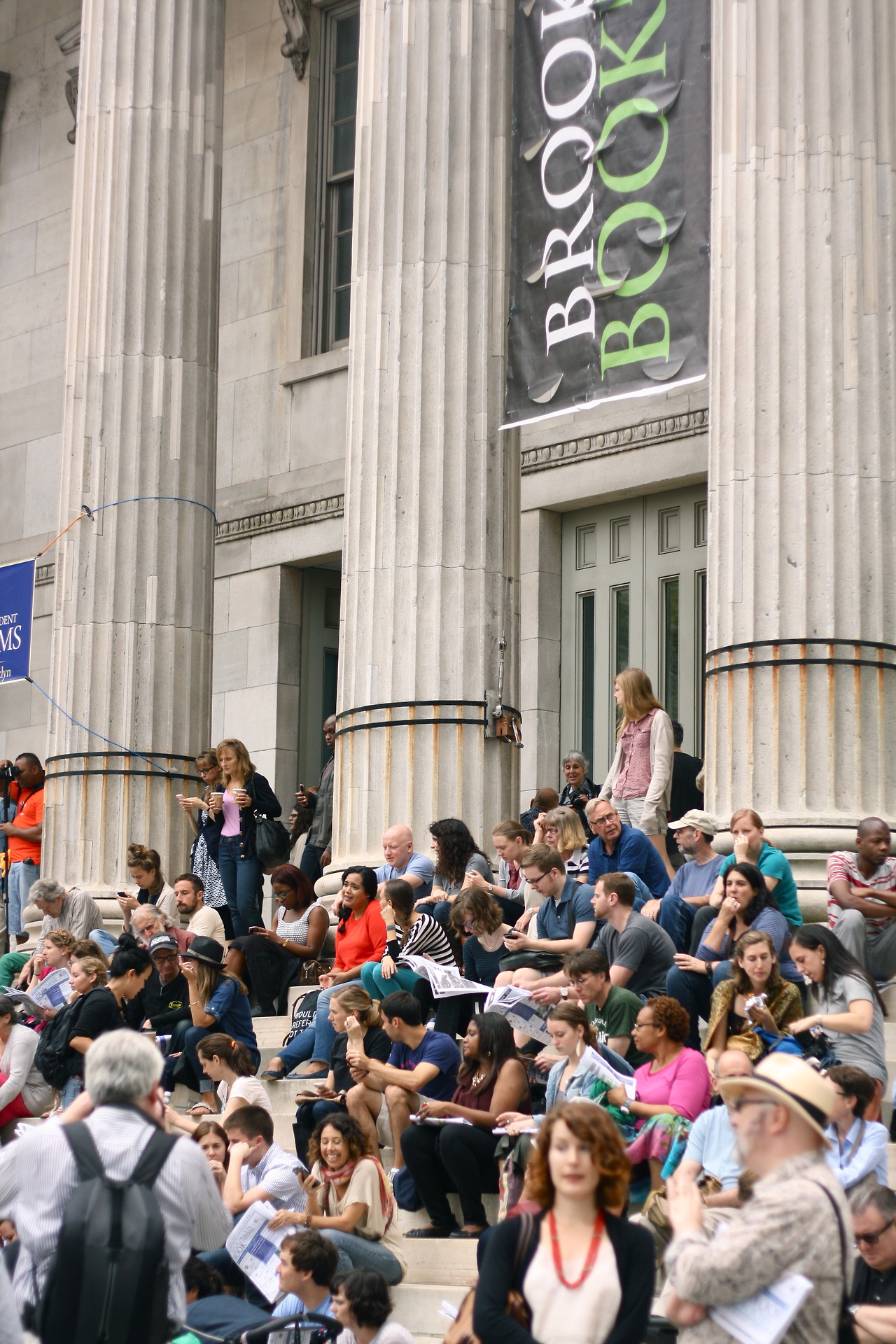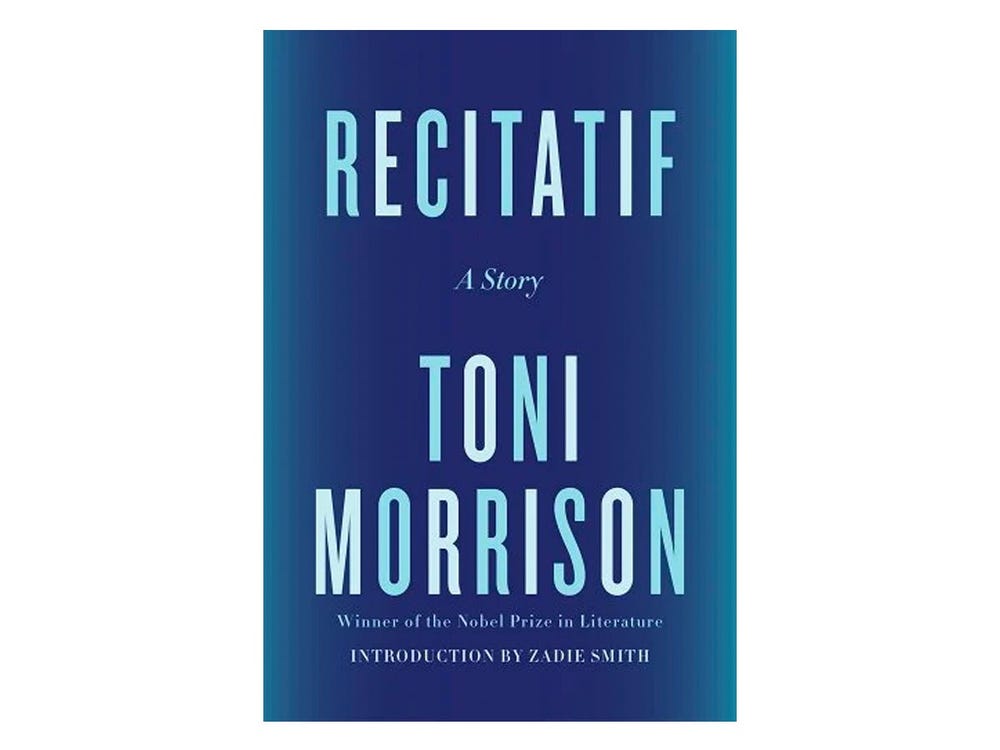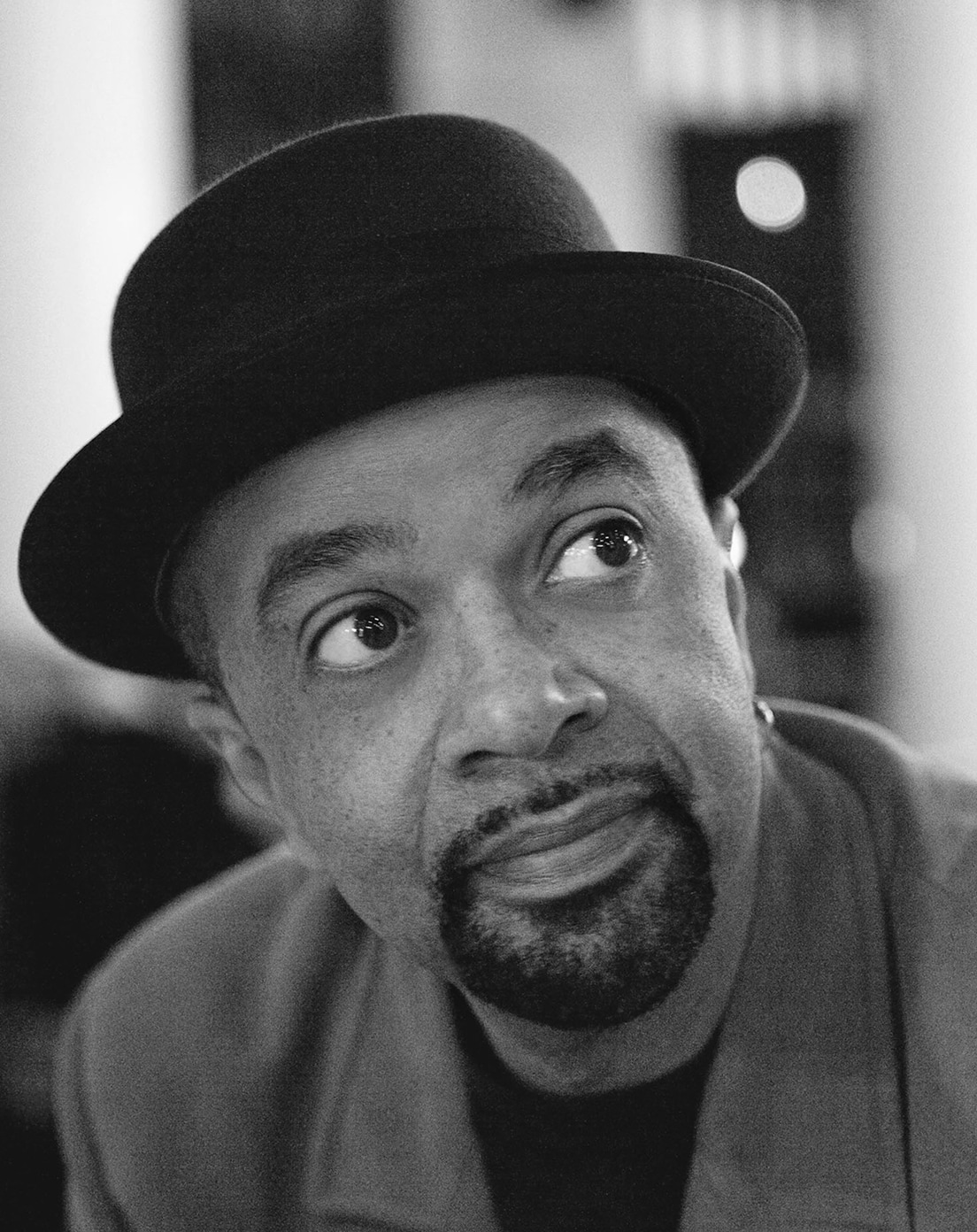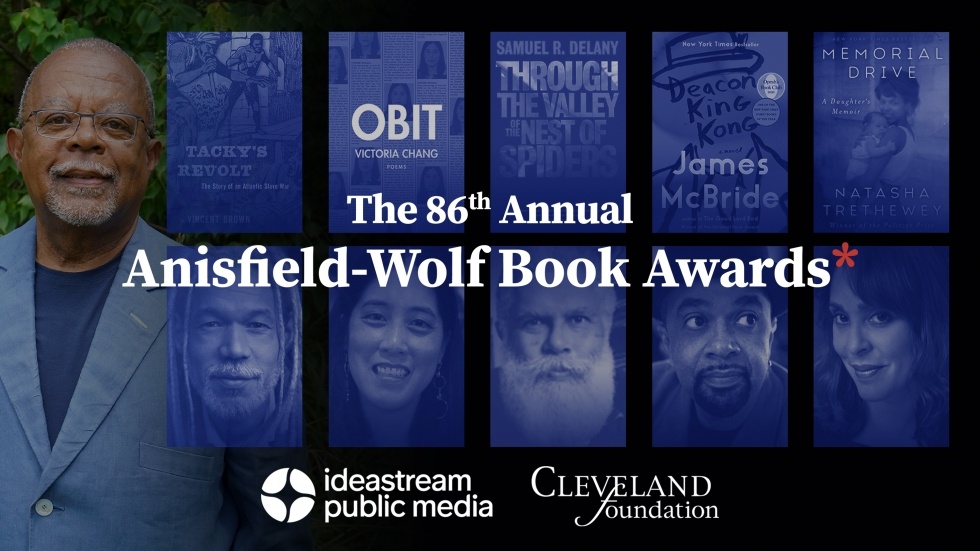Brooklyn, N.Y. — The Brooklyn Book Festival—a celebratory, cerebral, free event that runs one Sunday in September—attracted tens of thousands of readers, and this year, a spike of controversy.
Anisfield-Wolf jurors Rita Dove and Joyce Carol Oates read from their work, soaking up warm applause, while two recent fiction winners—Junot Diaz and Kamila Shamsie—signed a petition calling on the festival to sever its support from Israel’s Office of Cultural Affairs.
“It is deeply regrettable that the Festival has chosen to accept funding from the Israeli government just weeks after Israel’s bloody 50-day assault on the Gaza Strip, which left more than 2,100 Palestinians – including 500 children – dead,” asserts the petition, distributed by Adalah-NY: The New York Campaign for the Boycott of Israel. “Sustaining a partnership with the Israeli consulate at this time amounts to a tacit endorsement of Israel’s many violations of international law and Palestinian human rights.”
The nub of the criticism centered on a small aspect of the festival: the sponsorship of Israeli writer Assaf Gavron by Israel’s Office of Cultural Affairs. Gavron, whose much-lauded novel, “The Hilltop,” will publish in the United States in October, participated in a panel entitled “A Sense of Place: Writing From Within and Without.”
Diaz, who won both a 2008 Pulitzer Prize and an Anisfield-Wolf award for “The Brief, Wondrous Life of Oscar Wao,” stayed away, as did the Pakistani writer Shamsie, who won for the novel “Burnt Shadows” in 2010. But a number of the signatories—New Yorker writers Elif Batuman and Sasha Frere-Jones, author Greg Grandin and essayist Sharifa Rhodes-Pitts—also participated as speakers at the festival.
So did two other Anisfield-Wolf winners, Zadie Smith, a Londoner who won in 2006 for her novel “On Beauty” and James McBride, whose best-selling memoir “The Color of Water” earned the prize in 1997 and whose most recent book, “The Good Lord Bird” surprised the bookies by winning a National Book Award last year.
Appearing on the main stage with other poets laureate, Dove praised 19-year-old Ramya Ramana, who recited a moving piece called “A Testimony in Progress.” For her part, Ramana described Dove as one of her essential inspirations.
In a panel titled “Influence of the Real,” Oates spoke of her latest story collection, “Lovely, Dark, Deep,” in which an elderly Robert Frost is visited by a disturbing young woman in the title story. “Each of these stories jolted me awake,” said the critic Alan Cheuse, “like a bark from a monstrous dog.”
Meanwhile, an affable James McBride appeared on a panel with novelist Jeffery Renard Allen, whose dense and beautiful historical novel “Song of the Shank” scored a cover review this summer in the San Francisco Chronicle and the New York Times Book Review.
“I wanted to do something different,” McBride said of his comic slavery novel. “Many books about race are [dropping his voice to sing] ‘Ohhh, Freedom, Ohhh Freedom.’ I didn’t want to read that book. I wanted to write to the common place. I was thinking about the kid who reads Spider-Man comics.”

Allen, whose “Song of the Shank” has comic elements, said a famous black writer told him that the makers of the film “12 Years a Slave” forgot that black people like to laugh. Allen added that Langston Hughes entitled one of his novels, “Not Without Laughter.”
McBride, who allowed that he’d “had my buns toasted” over his irreverent portrait of Frederick Douglass in “The Good Lord Bird,” said that the sainted abolitionist lived under one roof with his black wife and his white mistress, a set-up that the writer found “too delicious” to pass up.
The festival, now in its ninth year, awarded McBride its BoBi prize for “an author whose body of work exemplifies or speaks to the spirit of Brooklyn.”



